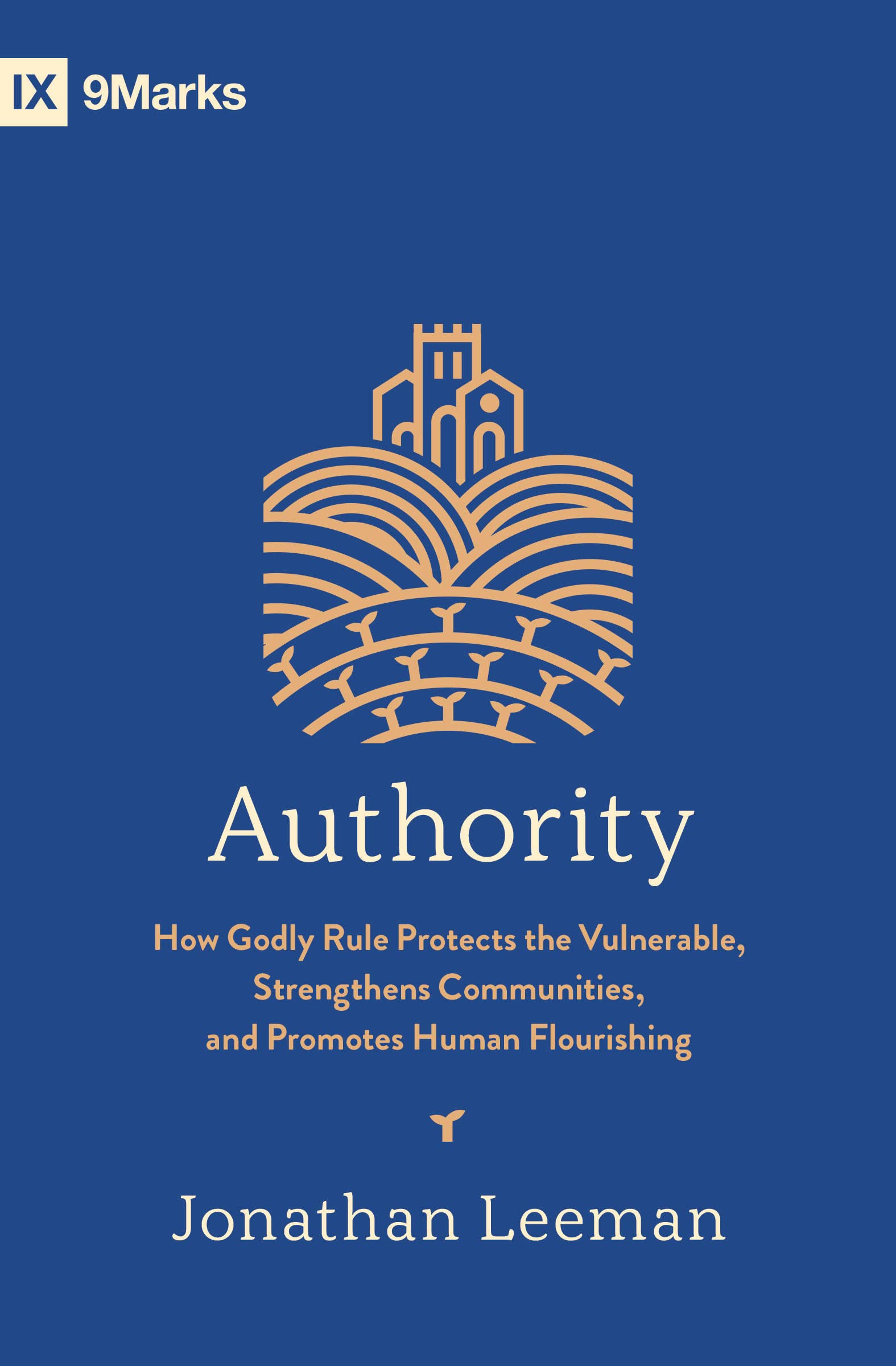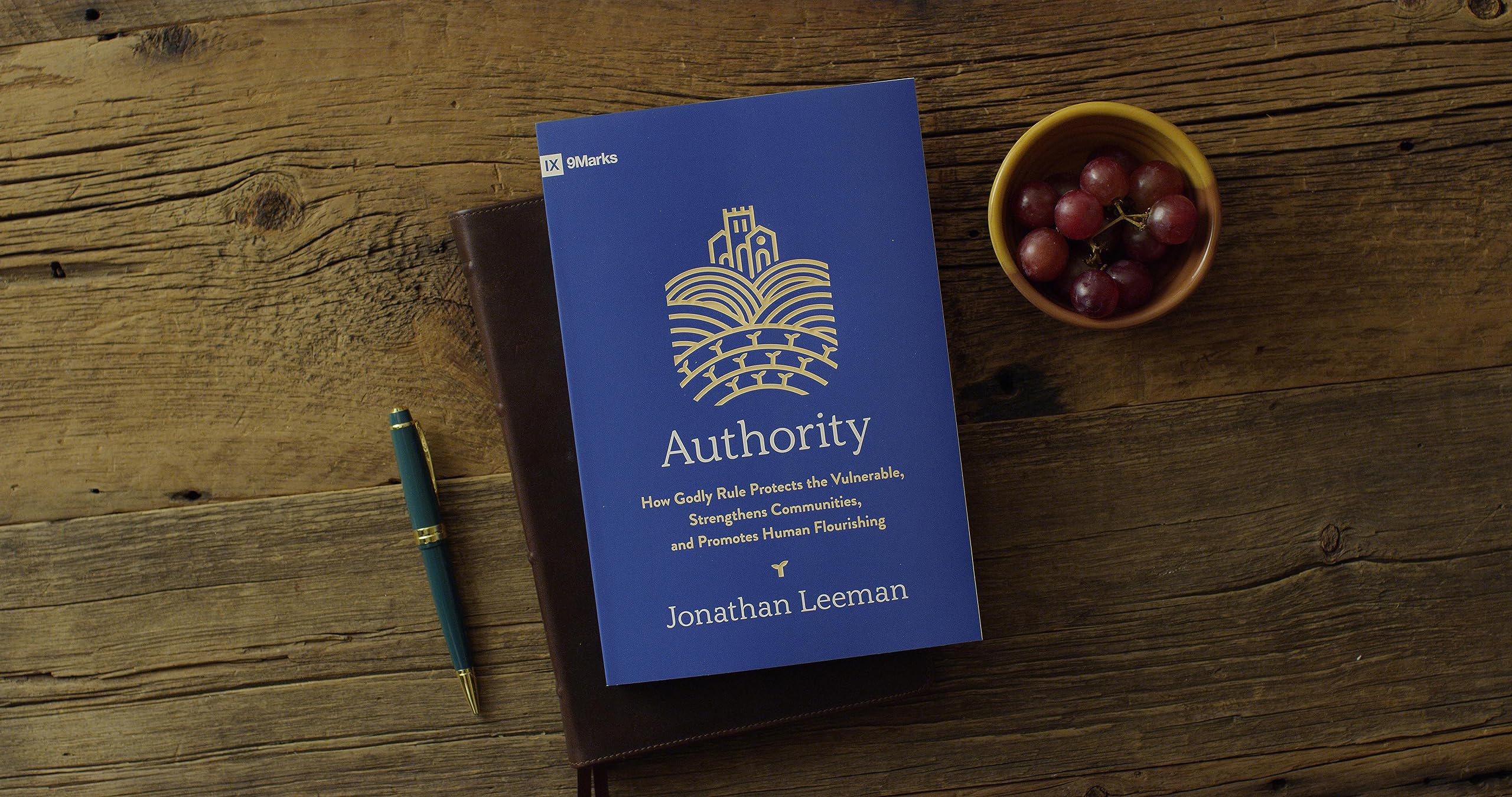


Authority: How Godly Rule Protects the Vulnerable, Strengthens Communities, and Promotes Human Flourishing (9Marks)
L**D
A bad use of an excellent subject
Leeman makes some very good points in chapter one. However, I can’t read past chapter two. In that chapter he tells the sad, sick, and heart wrenching tale of a woman horribly abused by her pastor husband. It fits with the title of the chapter, “Authority is Satan’s sinister Scheme for supplanting God.” However, his conclusion is that despite the extreme nature of the story (which he admits) if we were all honest, we would admit that we are no better that such a man in our use of authority. He writes, “Yet, to say it one more time, you’ve missed the point of this chapter if you walk away thinking how terrible other people are. You and I both need to be the tax collector, who beat his breast and cried, ‘God be merciful to me a sinner!’” (Luke18:13). That’s a strange conclusion to draw. And my response is, “No, I don’t.” Although I am a sinner in need of a Savior daily, I have never used authority in that way. But he leaves the reader with two options, agree and pray, or by implication, if you cannot agree, then there you have it, you are him. The logic is eerily similar to the logic of social justice. To wit, if you belong to a certain ethnic group that sinned in the past, then you MUST identify with their crimes. The only way for true justice to take place is for everyone in that group to admit that they are no better. Again, the answer is the same. No, I don’t. That’s not true justice. And neither is Leeman’s explanation of Satanic abuse of authority an implication for everyone who has exercised authority. Not everyone in authority, even bad leaders, are like the wife beating pastor. I don’t know if Leeman intended to use such logic with that chapter, but uses it he does. I can certainly agree that leaders who use authority should and must engage in self-evaluation and also be accountable to others. The unfortunate reality, however, is that though Leeman has an outstanding subject, he feels the need to moralize the subject to the point of implicating anyone using authority. But this has the effect of moving the concept of authority to into the realm of the gross and profane. And the implication is that all people in positions of authority must be seen as suspect, and indeed, they must see themselves as suspect. Despite the excellent subject, I just don’t think this method of argumentation is helpful.
Trustpilot
2 days ago
3 days ago